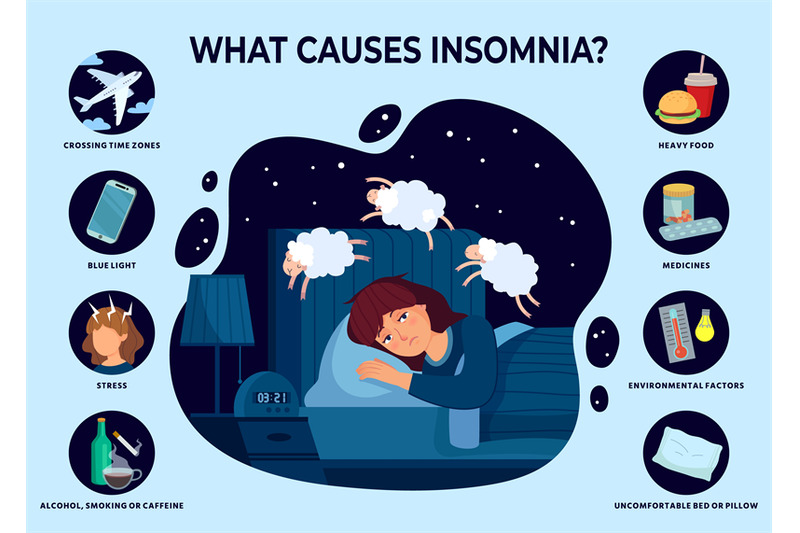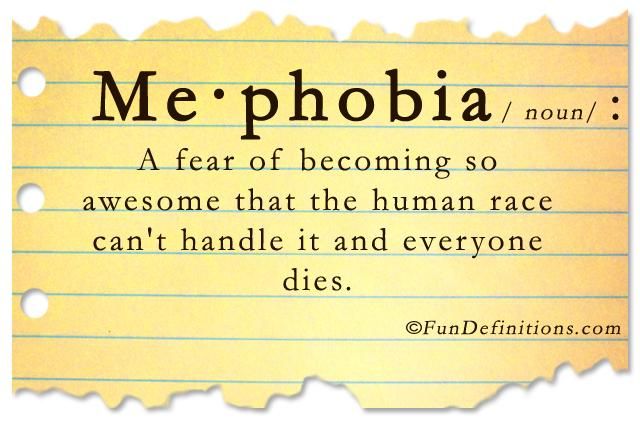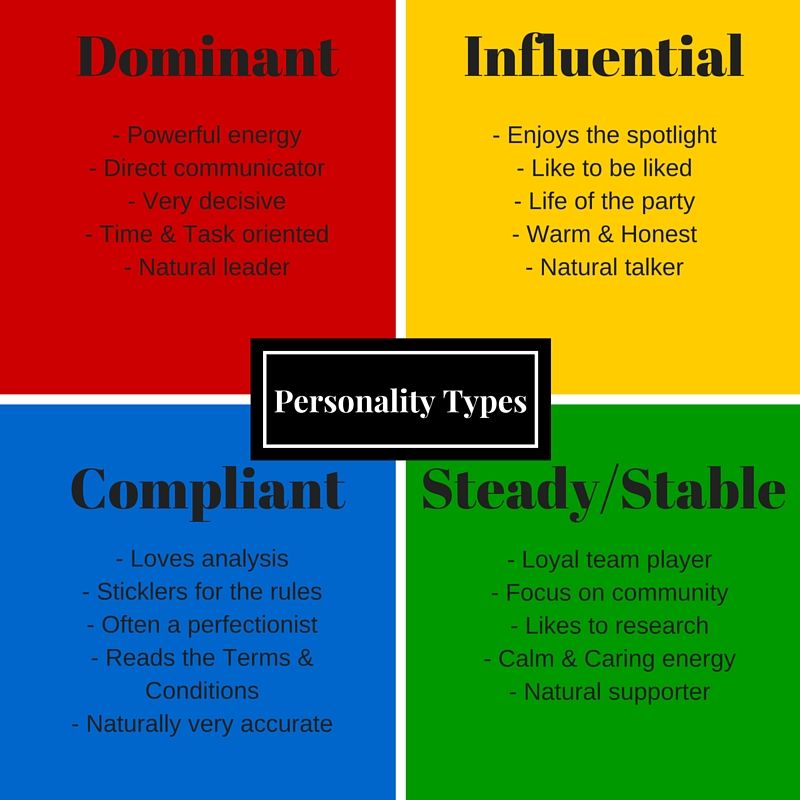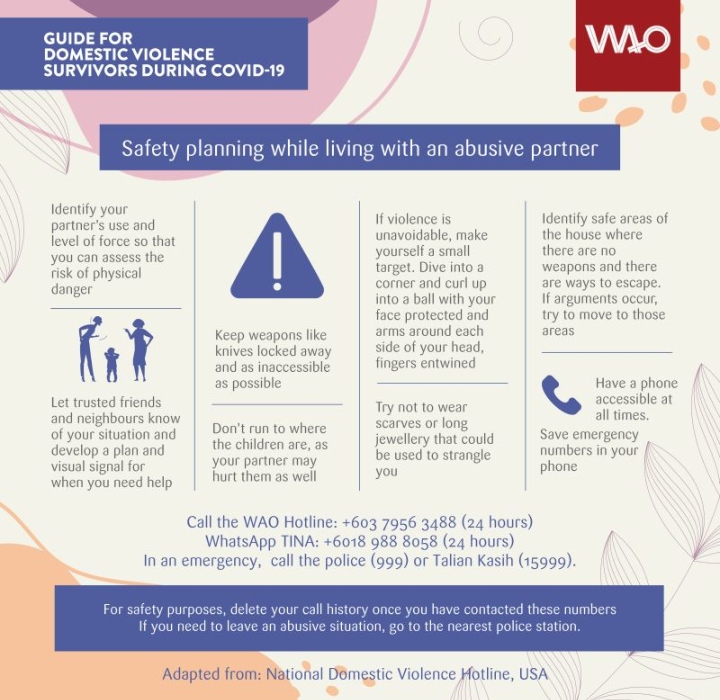Apologizing too much
Why You Over-Apologize: 3 Tips to Stop
People may constantly apologize for many reasons, such as people pleasing or feelings of guilt. But excessive apologizing may also be associated with a mental health condition.
Have you ever apologized when someone else bumped into you or apologized for not responding to an email in the middle of the night while you were sleeping?
While there are many times when saying “sorry” is the right thing to do, there are times when saying “sorry” isn’t helping you. If you find yourself constantly apologizing, it might be useful to take a moment to consider if you’re really at fault or over-apologizing.
Language matters
Gendered terms like “women” and “men” are used throughout this article. But we understand gender is solely about how you identify yourself, independent of your physical body. So, when we use this language, we’re referring to all people who identify as a woman or a man.
Over-apologizing can happen for a variety of reasons. Some of the most common reasons, according to Jocelyn Hamsher, a therapist in Arizona, include:
- false guilt (feeling responsible for something you are not responsible for)
- carried guilt (feeling guilt for someone else’s behavior because they don’t feel guilt)
- people-pleasing (wanting others’ approval)
“With people pleasing, over-apologizing is motivated by trying to manage the other person’s emotions and make them feel better,” explains Hamsher. “Even if you weren’t the one to cause harm because you’re uncomfortable when other people aren’t happy.”
Another reason someone might over-apologize is because of low self-esteem.
“When someone has low self-esteem, they may feel they’re taking up too much space, asking too much, or being disruptive,” says Shahar Lawrence, LCSW, in Utah and Nevada. “In this case, they often apologize profusely as they feel they aren’t worthy of time, space, or attention.”
Excessive apologizing could be tied to mental health conditions like:
- depression
- social anxiety
- generalized anxiety disorder (GAD)
- obsessive-compulsive disorder (OCD)
- borderline personality disorder (BPD)
- post-traumatic stress disorder (PTSD)
Alternatively, Yara Heary, a psychologist in Perth, Australia, offers a different view that over-apologizing could relate to the society you live in or the community you belong to. “When we look across genders, we see that women tend to engage in this behavior more often than men, especially in patriarchal societies,” says Heary.
“When we look across genders, we see that women tend to engage in this behavior more often than men, especially in patriarchal societies,” says Heary.
“Women [who live in or belong to] patriarchal cultures are more likely to doubt their abilities, their value, their behavior, and their validity to take up space in their environments,” Heary explains, “and one of the ways this manifests behaviourally is through over-apologizing.”
To Heary’s point, a decade-old study suggests that women tend to apologize more than men. And you may even recall the viral 2017 commercial from Pantene that brought this phenomenon to light.
Is excessive apologizing a trauma response?Not always, but it can be, says Dr. Cynthia King, a clinical psychologist and the co-founder of FemFwd.
“In my clinical practice, I see excessive apologizing more often in trauma survivors whose abuse started young, was prolonged, and the perpetrator was in the family,” explains King. “As a survival mechanism, they learned to make themselves small and cause as few problems as possible. Keeping themselves as safe as possible can manifest as being overly submissive and apologetic to keep the peace and thus avoid further traumatization.”
“As a survival mechanism, they learned to make themselves small and cause as few problems as possible. Keeping themselves as safe as possible can manifest as being overly submissive and apologetic to keep the peace and thus avoid further traumatization.”
King also notes that over-apologizing may be present in adults experiencing prolonged trauma in partnerships. For example, with intimate partner violence, “you may feel the need to make a habit out of trying to keep the peace to experience less violence,” King explains.
If you or someone you know are experiencing domestic violence, you can:
- Call the National Domestic Violence Hotline 24 hours a day at 800-799-7233
- Contact loveisrespect.org by texting LOVEIS to 22522 or calling 866-331-9474
- Visit the National Coalition Against Domestic Violence for a list of resources
You have several options that don’t include automatically saying you’re sorry.
Say thank you instead“A great way to change the perspective on ‘I’m sorry’ is saying ‘thank you’ instead,” suggests Lawrence — who provided this helpful chart of examples.
| I’m Sorry | Thank you |
| “I’m sorry I’m late.” | “Thank you for your patience with me getting here.” |
| “I’m sorry. Can I ask a favor?” | “Thank you for being willing to help.” |
| “Sorry I can’t come.” | ” Thank you for inviting me; I can’t make it.” |
| “I’m sorry. Am I bugging you?” | “Thank you for your patience with XYZ thing.” (This is if the “thing” is something out of their control.) |
| “I’m sorry I forgot.” | “Thank you for reminding me.” |
| “I’m sorry to bother you.” | “Thank you for your time.” |
| “I’m sorry I’m so bad at this.” | “Thank you for helping me.” |
“There is power in pausing before reacting,” says King.
She suggests asking yourself, “did I even do anything wrong?” If the answer is “yes,” perhaps you ask yourself how big the mistake actually was.
“It’s important that the magnitude of what happens accurately matches how we apologize or repair with the other person,” explains King. “If the answer is “no,” then it’s important to resist the urge to say sorry and use it as an opportunity to retrain your brain and learn a new habit based on the facts of the situation.”
Tell yourself it’s OK to take up space“If you suspect that over-apologizing is a trauma response, but you are now in a safe environment, remind yourself the context in which you needed to over-apologize to remain safe is no longer your reality,” suggests Heary. “Remind yourself that it’s safe for you to take up space and that you’re not responsible for managing the emotions of others.”
The right people will still love you, respect you, and want to know you without you apologizing for everything.
Know that it’s completely OK to say sorry when you need to, and it’s OK to skip taking the blame when you don’t. Not everything is your fault — including why you sometimes might feel like it is.
It may take time to stop apologizing. Try to be patient with yourself, as it can take time to stop over-apologizing, and that’s OK.
If you believe you over-apologize and would like support, consider visiting Psych Central’s directory to find a therapist to help you cope with excessive apologizing.
How to Stop Over-Apologizing | Psychology Today
Over-apologizing can hurt you over time.
Source: Photo by Mikhail Nilov from Pexels
“Sorry, could you just look at this?”
“Sorry to bother you but…”
“I’m sorry, let me move that.”
Why We Over-apologize
Apologies, when warranted, are a sign of empathy in the workplace. But over-apologizing — or excessively saying sorry when you don’t need to — is a bad habit that can undermine your authority, and more importantly, it hurts your self-esteem.
Recently, there’s been a great deal of talk and controversy about women apologizing too often in the workplace. Research shows that women tend to say sorry more than men, which is partially the result of socialization. While young girls are raised to be polite, deferential, and studious, young boys are encouraged to be bold and more confident. As adults, women perceive themselves as making more mistakes than men, having more to be sorry for.
Research shows that women tend to say sorry more than men, which is partially the result of socialization. While young girls are raised to be polite, deferential, and studious, young boys are encouraged to be bold and more confident. As adults, women perceive themselves as making more mistakes than men, having more to be sorry for.
Many of the women I work with as an executive coach dislike their tendency to be over-apologetic. While they rightfully bristle at the thought of their language being policed, these women nevertheless realize that their habit of saying sorry too much stems from a lack of confidence. They recognize that excessive apologizing may reflect internal doubts they hold about their capabilities.
Frequently, they tell me that they can’t help but over-apologize. The habit has become so ingrained over the years that the words seem to come out automatically, mainly because they don’t know what else to say. These words act more like filler than anything else.
If this sounds like you and you find yourself falling into the habit of over-apologizing, what can you do?
Four Alternatives to Saying “I’m Sorry”
1.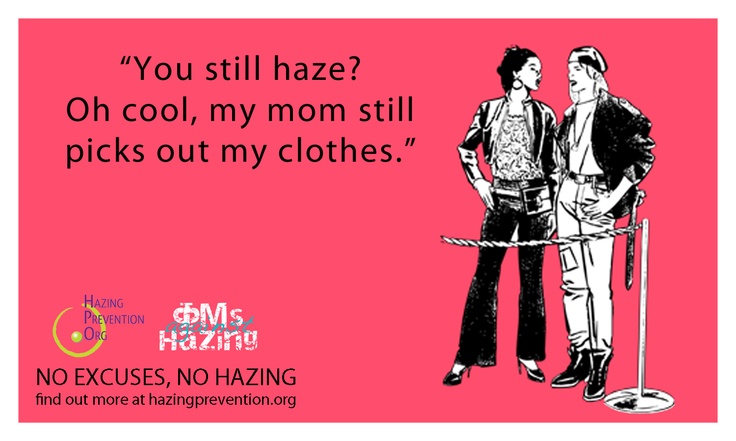 When someone bumps into you, or they're in your way.
When someone bumps into you, or they're in your way.
When someone bumps into you, saying “excuse me” or “pardon me” is more appropriate than saying sorry. Don’t apologize for taking up space.
2. When you have a question.
Practice speaking up in meetings without apologizing first. Women especially often preface their ideas with qualifiers. You’re not interrupting or annoying if you have a question, so don’t assume you are.
3. When you're late for a meeting or to reply to an email.
“Thank you.”
These two words are often more powerful than an apology. Try replacing feelings of shame with gratitude. Saying “Thank you, let’s begin.” is a more substantial way to acknowledge that your colleagues waited for you, for example. Emailing someone back to thank them for their helpful reminder or patience also feels much better than profusely apologizing for not getting back to them sooner.
4. When someone makes an unreasonable request for your time.
Instead, say, “No, I’m not able to do that.” If people make unreasonable requests for your time, it’s wise to learn how to push back. Clearly stating your limits and being clear about expectations doesn’t make you difficult; it’s a sign of leadership.
You may be worried about saying “no” because you fear people dislike you or get upset. Typically, the opposite is true, and people will respect your self-awareness and honesty. If you feel bad about not being able to do it all, it may be time to adjust the exacting expectations you hold yourself to.
Remember, saying you’re sorry isn’t necessarily a sign of weakness. A well-placed apology can be very powerful. It’s essential to address the deeper reasons you may be relying on apologies as a verbal crutch. With effort, you can find clearer ways to express what you truly mean and feel more confident in your communication as a result.
Stop apologizing at every turn!
32,943
Man among men Know thyself
- Photo
- Getty Images
“I wish you could hear a recording of a conversation of a former colleague of mine,” my niece, Amy, once said.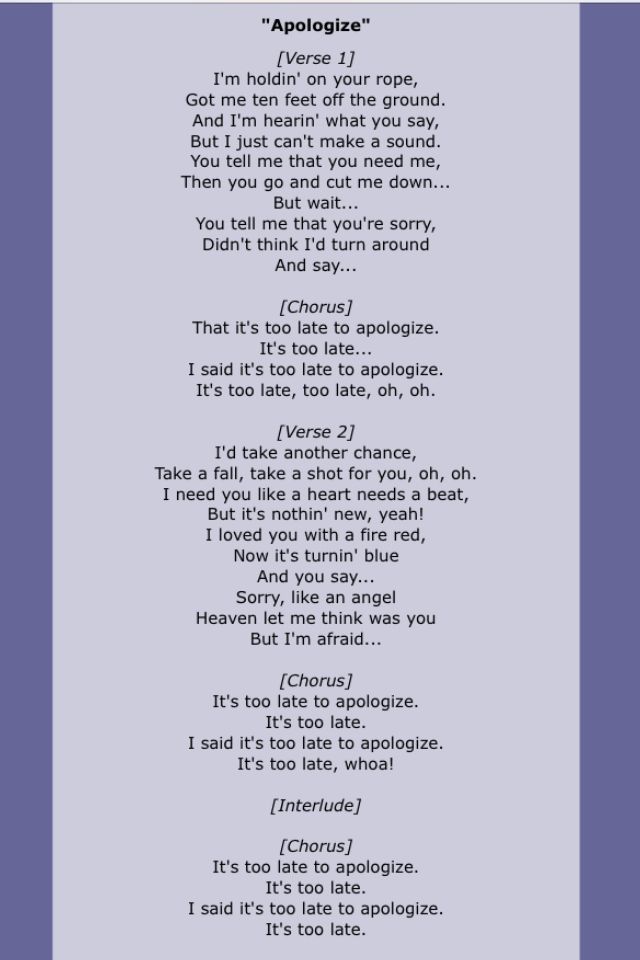 She constantly apologizes for everything, even when she doesn't need to. As a result, her interlocutor must repeat like a parrot: “Yes, everything is fine, never mind,” and a normal conversation does not work out.
She constantly apologizes for everything, even when she doesn't need to. As a result, her interlocutor must repeat like a parrot: “Yes, everything is fine, never mind,” and a normal conversation does not work out.
This is familiar to me. I have a friend in California who apologizes so often that I want to kick her under the table. The last time we were in a restaurant with a small group, she apologized five times (yes, I counted!) Even before the waiter brought snacks. nine0003
- “Oh, sorry, did you want to sit by the window?”
- “Oh, sorry, I interrupted you. Please continue".
- “Oh, is this your menu? Forgive me please".
- “Oh, sorry, were you going to order too?”
When we walk beside her along a narrow street, it happens that we collide if one of us takes an awkward step to the side or loses balance for a second. Most often this happens to me (alas, I can be clumsy) - but she immediately blurts out her "Oh, I'm sorry" with alacrity.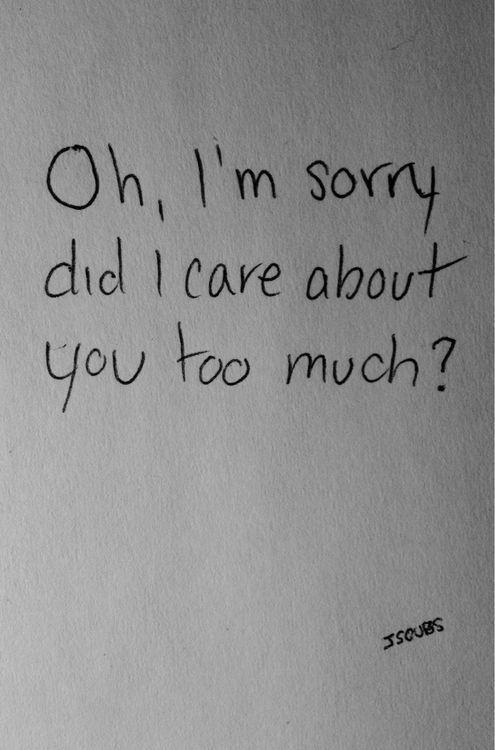 If I had knocked her to the floor at all, I'm sure she would have looked up at me and said, "Oh, I'm sorry, I'm so sorry." nine0003
If I had knocked her to the floor at all, I'm sure she would have looked up at me and said, "Oh, I'm sorry, I'm so sorry." nine0003
Maybe I'm so annoyed because I'm from Brooklyn and she's from the South, where she was taught all sorts of good manners, like leaving food on her plate after every meal. She apologizes so politely and deliberately, as if she received a diploma in apology from the school of good manners.
Some are impressed by her tact, courtesy and demeanor, but there are still too many apologies. What is the cause of this "sorry-sorry" fever?
We felt guilty if for some reason we didn't function as an emotional service station. nine0033This is how the women of my generation were brought up. We felt responsible for everything that happened. As comedian and writer Amy Poehler said, "It takes a woman years to forget everything she's been taught to apologize for."
I have been studying this phenomenon for more than ten years, it affects many different aspects.
The need to apologize too often may be due to low self-esteem, lack of confidence in one's own rights, a subconscious desire to avoid any manifestation of criticism or disapproval, a desire to appease others and be useful to them, some hidden sense of shame, or the need to show how polite and courteous you are. nine0003
Or all that "sorry-sorry" thing is just a verbal tic, that little girlish thing that's been around for a long time and now it's just become something like a totally automatic hiccup.
But to stop it, you don't need to know the exact reason. If you find yourself apologizing too often, try to do it less frequently. That is: you don't have to apologize a hundred times for forgetting to return your friend's food container, as if you ran over her kitten.
The sorry-sorry avalanche creates distance and interrupts the normal flow of conversation. This is very annoying for your friends, and it will also be more difficult for them to accept your remorse if the situation really requires it.
nine0003
Only truly sincere, heartfelt words are important. When psychological defense mechanisms come into play, it is difficult for both men and women to express apologies normally.
5 ways to stop apologizing for everything
- Pause before you apologize. Stop and ask yourself: "Did I really do something wrong?" If the answer is "no", no need to apologize! To make this decision easier, ask a second question: “If I really am not guilty of anything, do I want people to think differently?” nine0018
- Express compassion in other ways. If sharing is difficult for you, think of other ways to express regret, compassion, and empathy. Instead of constantly apologizing to your partner, say, "I know this is hard to hear" or "You can always talk to me if something upsets you."
- Learn your triggers. Analyze the situations where you feel the urge to apologize and write down the 10 things that most often provoke this behavior (for example, you accidentally bumped into a stranger on the street or you want to ask someone for a favor).
Come up with a replacement for the words of apology. Practice with one of these situations for a week, trying to completely eradicate "I'm sorry" from your list of reactions to it. nine0018
- A Formulate questions carefully. No need to apologize when you just want to clear things up for yourself. Try to ask questions like “Could you tell me more about this?” or “Please help me understand this better. Let's say, on live examples?
- Turn apologies into expressions of gratitude. The next time you feel the need to apologize, think about how to rephrase the apology into gratitude. For example: instead of "I'm sorry you had to do this", you can say "It's great that you helped me, thank you very much!". Such words are not only more pleasant to hear, they also set up the speaker for more positive thinking. And they will be more willing to help you later. nine0018
About the author: Harriet Lerner is a psychologist, psychotherapist, author of 12 popular books and numerous articles.
Works at the Menninger Clinic in Texas.
Text: Alina Nikolskaya Photo credit: Getty Images
New on the site
What I know about dad: part 1. Paper dolls the husband of the eldest daughter died in the NWO: how can I help her?
“My husband bought virtual sex and lied to his face. How to survive betrayal? nine0003
In memory of betrayal: what to do if you are haunted by flashbacks
“He was forty-five, I was twelve”: about an unusual abduction, our subpersonalities and true desires
“My daughter starts every morning by talking about how she tired of life”
Wheel of balance: setting financial goals for the new year
7 hidden problems that the habit of constantly apologizing speaks of / Bright Side
no one takes them as evidence of real remorse anymore. For example, in a restaurant they brought you the wrong dish. What will you say to the waiter? Most likely, "Sorry, but I ordered something else." The phrase "I'm sorry, I didn't mean to disturb you" at the beginning of a telephone conversation is another example of how we devalue words.
nine0003
ADME figured out what internal problems the habit of constantly apologizing can speak of. And at the end of the article, we will list the things for which no one, under any circumstances, should ask for forgiveness.
Low self-esteem
In the eyes of others, a constantly apologetic person looks extremely well-mannered. However, this medal also has a downside: probably, such a person is afraid of the negative reaction of others, and therefore tries to warn her with the help of apologies. In other words, we are talking about low self-esteem. And people around notice it very well. nine0003
For example, instead of a timid “Excuse me, can I ask you?” it is worth saying: "I have a question." Firstly, this way you can raise your own self-esteem. And secondly, the reaction will follow this phrase faster than the first one.
Desire to manipulate
We are talking about people with various forms of narcissistic disorder and other emotional abusers.
Apologies in this case are fake, insincere. One of the most obvious signs is wording like "sorry, but ...". For example, "I'm sorry I lied to you, but you would have reacted too violently" or "I'm sorry I yelled, but you yourself provoked me." nine0003
The main goal is to get what you want. The abuser understands that only by apologizing can he get what he wants from the victim. This is a kind of mimicry: a person wants something from you and pretends that his requests are disinterested.
Of course, isolated cases do not yet indicate the presence of psychological problems. But if situations are repeated from time to time, it makes sense to think.
Excessive perfectionism
First of all, this concerns those people whose “quality standards” are too high for anyone (including themselves) to meet them, and violation of the mentioned standards causes them mental suffering . Therefore, whenever even a minor event happens, such a person has a strong desire to apologize.
This is not a normal reaction. A healthy person will not pay attention to a slight discrepancy between someone's behavior and personal ideas about how this very behavior should be. nine0003
Inability to get out of awkward situations
In moments when a person is ashamed or embarrassed, he often gets lost and does not know what to say. In this case, “sorry” and “sorry” come to the rescue.
Inability to manage anger
There is a type of people who often lose their temper, say a lot of nasty things to their loved ones, and then apologize. They may not make scandals as such, but because of the constant and abrupt change of mood, they spoil the lives of those around them. This is nothing more than problems with controlling one's own emotions, in a scientific way - emotional dysregulation. Here you need to consult a specialist. nine0003
Fear of conflict
It is much easier to apologize, even if you are not to blame, than to get into a potentially conflict situation.
Such behavior may be a direct consequence of unresolved psychological problems from childhood. If a child grew up in a dysfunctional family, where he was thrashed for every wrongdoing, he is likely to turn into an adult, apologizing for every action that may cause inconvenience to others.
This is a kind of attempt to adapt to the environment. If people do not know how to resolve conflicts, they will avoid them in any way, for example, at the cost of losing self-esteem. Others feel this insecurity and can take advantage of it. nine0003
Dependence on a partner or other close person
This refers rather to those people who often ask for forgiveness for the behavior of loved ones. Usually this happens in pairs. This means that the person in the couple who apologizes does not feel like a whole "I". He acts as if he and his partner are one.
Another scenario is also possible. Some elevate their partners to the rank of deity. For them, life partners are ideal from top to toe.

Learn more





